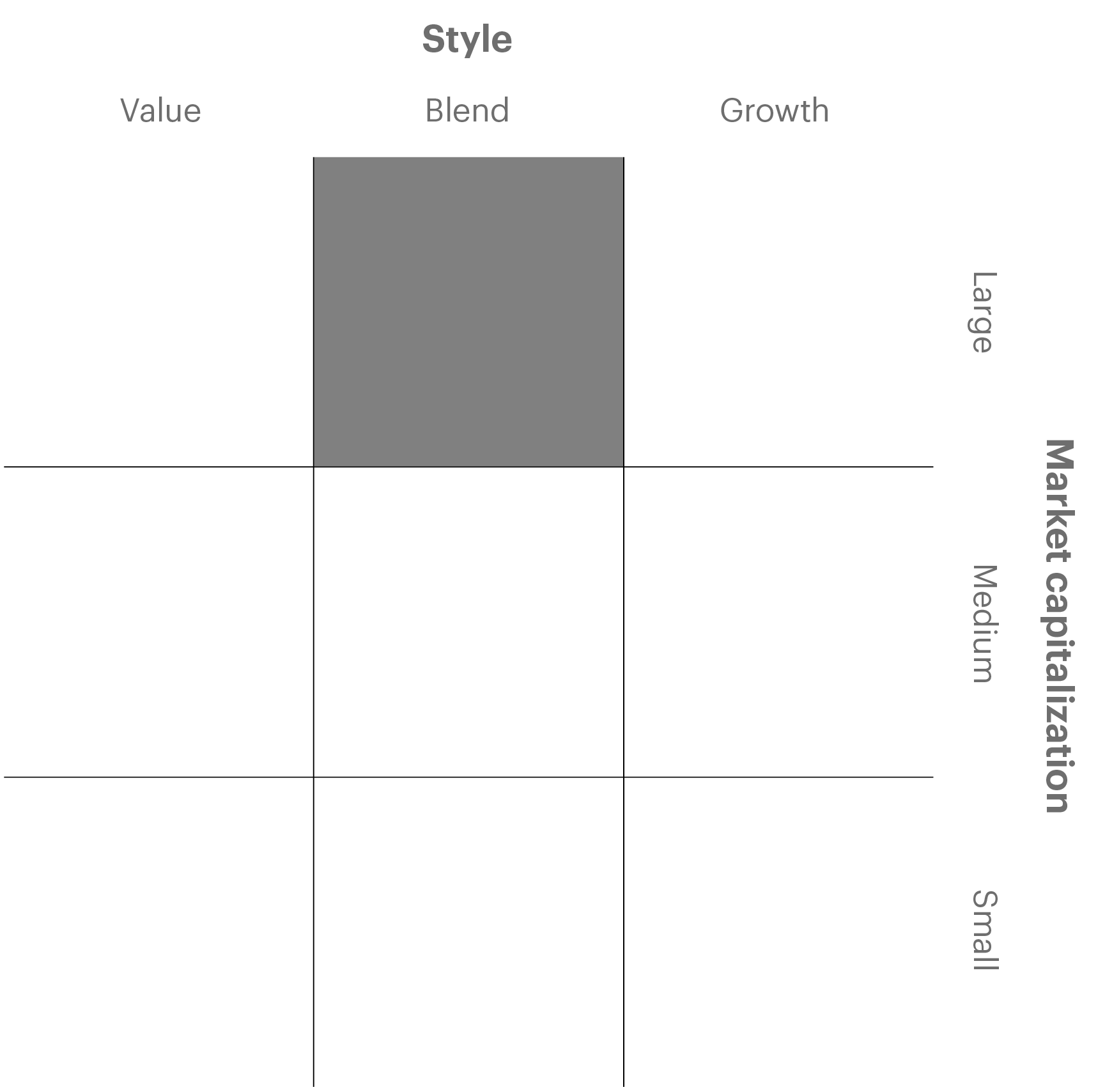Calendar year
Calendar year
Average annual returns
Average annual returns
(as of 5/31/2025)|
1M
|
3M
|
YTD
|
1Y
|
3Y
|
5Y
|
10Y
|
Inception
|
|
|---|---|---|---|---|---|---|---|---|
|
Fund
|
7.27
|
7.16
|
11.64
|
18.44
|
-
|
-
|
-
|
17.08
|
|
MSCI ACWI Index (Net)
|
5.75
|
2.52
|
5.32
|
13.65
|
-
|
-
|
-
|
11.87
|
The ongoing charges/total expense ratio (TER) reflects annual total operating expenses for the class, excludes transaction costs and is expressed as a percentage of net asset value. The figure shown is from current KID. The investment manager has committed to reimburse the Sub-Fund when the ongoing charges exceed the agreed upon TER. Ongoing charges may vary over time.
Past performance is not indicative of future results. Performance calculations are net of all applicable fees and are calculated on a NAV-to-NAV basis (with income re-invested). Performance shown is for class and currency indicated and returns may increase/decrease as a result of currency fluctuations.
Cumulative
Cumulative
(as of 5/31/2025)This chart shows the value of a hypothetical $10,000 investment in the fund over the specified time period up to 10 years or since its inception (for funds lacking 10-year records). The result is compared with benchmarks, which may include a broad-based market index and a peer group average or index. Market indexes do not include expenses, which are deducted from fund returns as well as mutual fund averages and indexes.
Does not include sales charges and assumes reinvestment of dividends and capital gains. If sales charges were included, returns would be lower.
Performance and volatility metrics
Performance and volatility metrics
Morningstar ratings and rankings
Morningstar ratings and rankings
For illustrative purposes only. Ratings and awards are not an indication, promise, or guarantee of future performance. Ratings and awards should not be relied upon when making an investment decision. The Overall Morningstar Rating™ is a weighted average of the 3-, 5-, and 10-year (if applicable) ratings and is based on risk-adjusted return. Past performance is no guarantee of future results.
The Morningstar absolute ranking is based on the fund’s total return rank relative to all funds that have the same category for the same time period. Morningstar rankings do not include the effect of sales charges. Past performance is no guarantee of future results.



